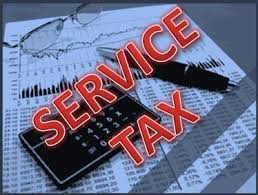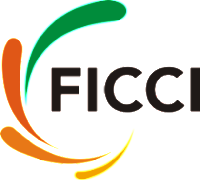
The proposed 15 per cent service tax on all spectrum allotment by the Centre and spectrum transactions between licensees will place telecom industry in precarious financial position thereby putting at risk major government initiatives of Digital India, Smart Cities and rural penetration of data connectivity and services, apex industry body ASSOCHAM has said.
“Service tax on spectrum assigned by the government to telecom operators is detrimental to the growth of industry while increasing cost of provision of service and directly impacting the common man,” said The Associated Chambers of Commerce and Industry of India (ASSOCHAM) in a communication to the union minister for finance, Mr Arun Jaitley.
It said that this is against the National Telecom Policy, 2011 which emphasised upon affordability and accessibility.
ASSOCHAM urged the FinMin to restrict the proposed service tax on all spectrum allotments to only transactions involving spectrum trading between private operators, besides credit on such transactions should also be not deferred.
“The move of increasing the spectrum cost is going to impact the health of the industry and will adversely affect the investible corpus of telecom operators, leading to challenges in rolling out new technology, networks like 4G,” it said.
“This will materially affect and dent the ability of operators to participate and bid in future auctions while impacting some of them from survival perspective,” ASSOCHAM further said.
India’s telecom industry which is already burdened with heavy debt, highest taxes/levies, thin operating margins and spectrum prices are at least 130 per cent of global norms, additional taxes will only force the industry to increase tariffs and impact the entire population.
Highlighting that assignment of spectrum is a sovereign function and are not considered as an economic activity globally, and are as such not liable to tax, ASSOCHAM said, “Taxing sovereign functions is extremely regressive and the impact of this for developing countries like India is far more punitive than developed economies.”








Leave a Reply
You must be logged in to post a comment.